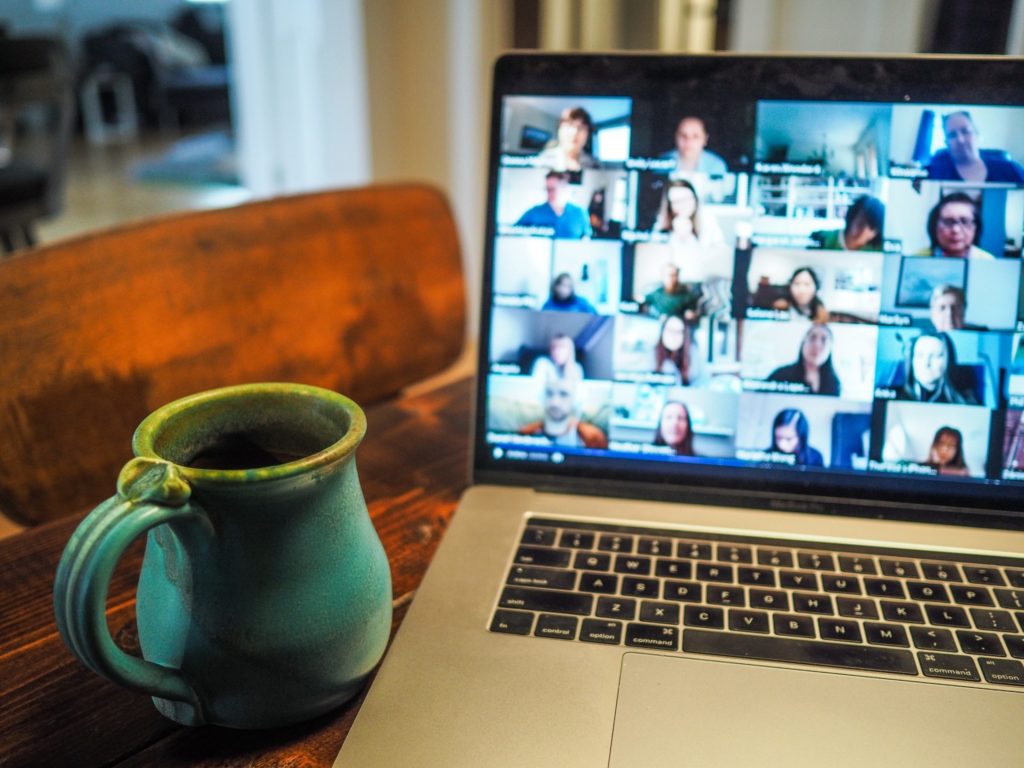By Jamie Wiley, Business Development Director, Tribal Worldwide
March 23rd 2020; a date that will go down in history as the day that the UK went into lockdown for the first time ever in peacetime. For the lucky ones, an imposed virtual way of working was just business as usual. To others, it was a huge disruptive change, requiring quick thinking and fast learning.
For those in the former category, the slip into remote working was just the beginning, and many have since turned to virtual events as means to engage with current and future clients and drive new business. But with online event hosting becoming increasingly popular, how can we ensure we’re adopting the right practices to truly cut through, and avoiding the common pitfalls?
Test, Invest & Diversify
Whether you’re starting from scratch or have readily established tech for running virtual meetings, the first thing to do is stress test them. Remember, you aren’t in the office on super-fast LAN and dedicated bandwidth. You’re in your house with a child playing Fortnight whilst simultaneously streaming YouTube.
Test different platforms; they each have their pros and cons and are all good for different uses. Zoom, for instance, is excellent for hosting events, while Microsoft teams works more effectively for internal meetings and catch-ups. Find what works for you and don’t be afraid to try some other platforms; from LinkedIn live events to Google Hangouts.
Like anything, you get what you pay for. Whatever solution you land on, it’s always worth looking into what the paid version gets you. None of the readily available platforms are particularly expensive, but they are well worth the extra functionalities. Consider your internet connection as well; some providers are offering faster speeds and better bundles now that we’re working from home.
Finally, don’t be single-minded in the solution you end up using. Zoom is banned by many companies due to security concerns, but it remains the number one choice others. Everybody has a different preference and being agnostic in the platforms you’re familiar with will ensure you aren’t scrambling around at the start of meetings downloading apps and figuring out how to log in.
Keep It Simple, Stupid
Don’t try and be too smart with rich content, screen shares, fancy setups and complicated panellist setups. Technology will always fail when you need it most. The less stress you put it under, the less likely it will fail.
The webinars we have been hosting at Tribal have quite literally been the equivalent of sitting around a table in the pub having a drink with like-minded professionals. Which, by the way, are the sort of interactions people are missing most, so give it to them. Keep it professional, but don’t feel you have to hide the fact that you’re at home and have a life beyond work.
Don’t sell, engage and follow up
If you’re using these platforms for Sales and Marketing, the first thing to do, ironically, is do not sell. Right now, businesses are looking for reassurance, information and collaboration. If you don’t force a sale, you might just better your chances of building a longer term relationship further down the line.
What you should be doing is engaging clients, prospects, partners and colleagues in what matters to them. Right now, that is, “how the *insert profanity here* do I get through this?” You need to identify those talking points and key questions people are asking. Answering those questions will ensure people turn up, are interested, and want to talk more.
Once you’ve hosted your meeting, make sure you follow up. Create a contact strategy for the people engaged in what you have to say and work towards having more productive 1:1 dialogue with them.
Creation Vs Curation
What people don’t want to hear is the same voice day in day out, nor are they interested in biased points of view from microcosms of business. Make sure that you own your point of view, but balance it with external opinion and a measured argument. This will add credibility to your business and what you want to say while helping you grow your network and viewership.
Whilst every brand, agency and consultancy differs, a successful approach to virtual event organisation effectively boils down to sound technological choices, engaging, well curated content and a human approach. It may not be quite the same as a pint at the local, but it may just help you build connections you never expected.









